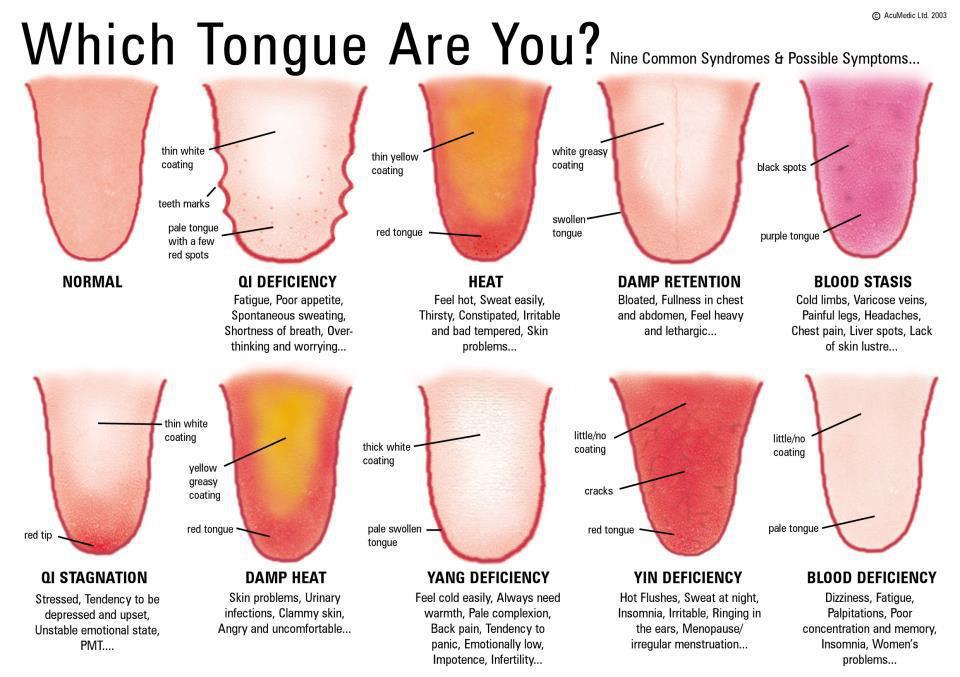What Your Tongue Can Tell You About Your Health
[nextpage title=”…”]
Did you know the strongest muscle in the human body is the tongue? The tongue manipulates food for mastication and it is the primary organ of taste.
Also did you know there are different types of tongues, people of all ages can experience several different types of tongue disorders due to poor oral hygiene, infections, genetic tendencies, and various underlying medical conditions, skin problems, urinary infections, temperature, stress and depression can cause retention or deficiency among other facts in your tongue that will make your tongue different from others.
Most people think of tongues simply as necessary parts of the human mouth, but the condition of the tongue can be a good indicator of the state of your general health. The tongue is the largest muscle in the body and is critical to both tasting and consuming the food humans needs to fuel their bodies throughout the day. The condition of your tongue can reflect a variety of problems in the body, as well. Dental issues, medical conditions and underlying imbalances can create different effects on the tongue. Even stress and depression can cause changes in the tongue’s condition. Here are a few points to look for when gauging the appearance of your tongue:
Smooth, Glossy Tongue
A glossy tongue that is smooth appearance with a pink or red background, it could mean that you have an underlying medical condition or a nutritional deficiency. Individuals who do not get enough iron, vitamin B-12, niacin, riboflavin or folic acid often have this problem.
Lack of Coating
A raw looking tongue with little or no protective coating can be an indication of a yin deficiency. Cracks on the tongue can also occur with this problem. Yin deficiencies can cause fatigue, dryness of the skin and eyes, insomnia and problems of the reproductive organs.
Blackish or Purple Spots
Discolored spots on the tongue can suggest a condition of blood stasis. This problem often occurs with chronic illness. Treating the underlying condition will help to resolve the tongue condition.
White Coating
A white coating or pale, swollen appearance on the tongue can indicate a yang deficiency in the body. Yang deficiencies can affect circulation, kidney function, temperature control and digestion, all of which are critical functions for good health.
RELATED ARTICLE: 3 Key Signs of Health You Can Read by Looking at Your Tongue
[/nextpage] [nextpage title=”…”]
Red Spots, Ragged Edges on Tongue
This appearance on the tongue can mean that there’s a qui deficiency in the body. Qi is the energy that flows through the body and contributes to good health and emotional balance. Diet, exercise and energy work that concentrates on increasing qi flow can help this condition.
Redness at Tip of the Tongue
Qi stagnation can demonstrate as a red, irritated area at the tip of the tongue. Actions that increase the flow of qui energy can help to increase overall health and improve tongue condition.
White or Yellow Coating on Tongue
These are indications of problems with the dampness in the body, which can cause sluggishness, weight gain and digestive issues. Balancing the heat and damp in the body can resolve this condition.
Some deficiencies include: blood deficiency, IQ deficiency, these are signs of fatigue, poor appetite and concentration.

[/nextpage]






